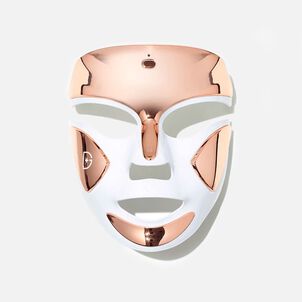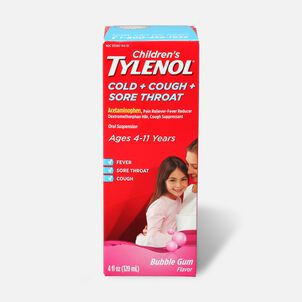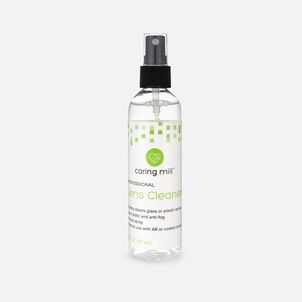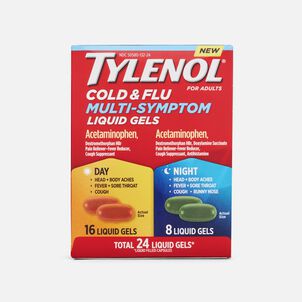Health insurance feels like a gamble. We wrestle with the decision of paying more now or later. Should we choose higher monthly premiums? Or roll the dice on a high-deductible health plan and potentially pay more out-of-pocket?
Catastrophic health plans have emerged as an affordable option. But not everyone is eligible. Even if you do qualify, some preliminary number crunching is necessary. We've covered the basics to make your decision easier.
What is a catastrophic health plan?
While browsing healthcare.gov, you may have noticed a catastrophic health plan option. These plans pair low monthly premiums with very high deductibles. You'll have coverage in worst-case scenarios — like a medical emergency. But everything else is your responsibility.

Not everyone qualifies for a catastrophic health plan. They are only available if you're under 30 or qualify for a hardship or affordability exemption. If healthcare.gov says you're eligible, you'll see this option as you're comparing plans.
Opting for a catastrophic health plan means you'll pay for a lot on your own. The good news is you'll have the same "essential benefits" of other Marketplace plans. This means access to preventive services without a copayment. This includes up to three visits with your primary care doctor every year — whether you've met your deductible or not.
Is a catastrophic health plan right for you?
Catastrophic health plans may save you from serious medical debt. But like all high-deductible health plans, there are risks. If you qualify for catastrophic health plan, you need to consider how much coverage you actually need.
If you rarely see the doctor and don't fill prescriptions every month, you won't pay much out-of-pocket. But if you have a chronic condition that needs regular care, you could be paying hundreds of extra dollars a month.
Another downside is you'll waive your right to premium tax credits or subsidies. Paired with one of these, other Marketplace plans could be a better deal. This assumes you earn too much to qualify for Medicaid — which could be available for even less.
Can I still use my HSA?
When paying for out-of-pocket health expenses, many of us are eager for relief. Health savings accounts (HSAs) are one way to ease the burden. One of the ways HSAs save you money is by allowing you to contribute before taxes. And you'll never have to pay them — as long as you spend your HSA balance on qualified health expenses.
We can all agree HSAs are a good thing. The downside is many health insurance plans aren't HSA-eligible. This means you can't make contributions until you're enrolled in an eligible plan.
If you're already enrolled in a catastrophic health plan, and hoping to reap these tax benefits, we have some bad news: they aren't HSA-eligible. At least one bill has been introduced in 2018 to change this, but it's impossible to know when or if that will happen.
Don't be afraid to ask for help
Choosing a health plan is a big decision — one that shouldn't be taken lightly — impacting your family's finances for years to come. Because there is no rule of thumb, it may not be clear. Luckily, there's a network of independent agents, brokers, and others who can help. A local expert may be only a few clicks away, and tapping an expert may help you see if a catastrophic health plan makes sense.

.png)
















